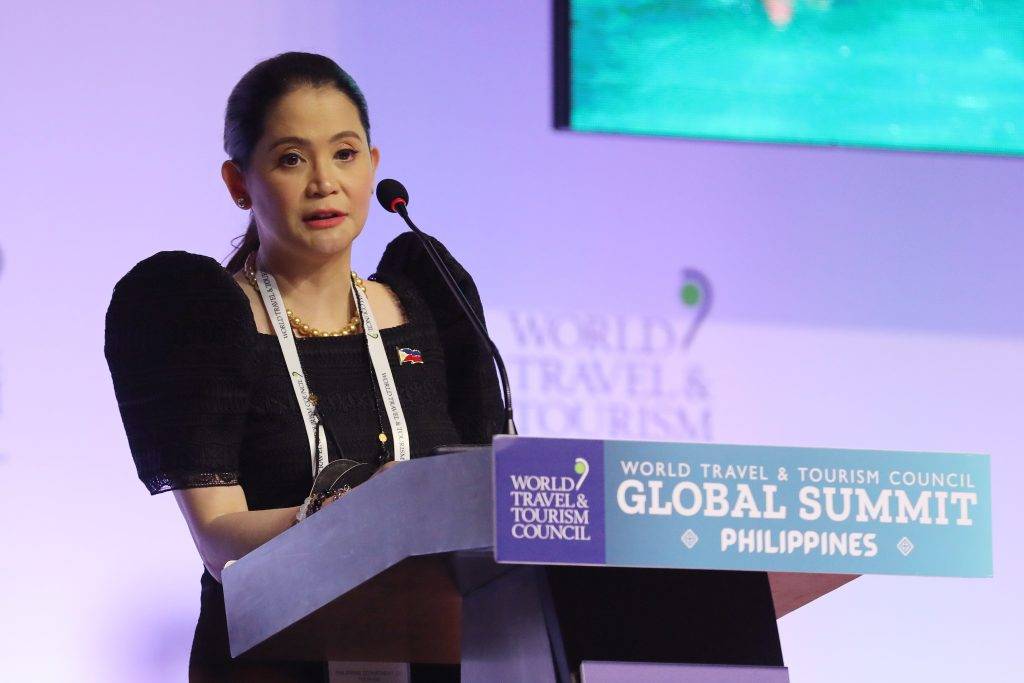Travel
Southeast Asian nations eye unified health passport

MANILA – Southeast Asian nations are discussing the possibility of a unified health passport to facilitate seamless travel for tourists, Tourism Secretary Bernadette Romulo-Puyat said Thursday.
The official made the statement during the 2022 World Travel & Tourism Council (WTTC) Global Summit when asked to comment on the viability of a “global health passport” that could be adopted across continents.
“Actually we are talking in the Asean (Association of Southeast Asian Nations), we start first with Asean, Southeast Asia in unifying our health protocols,” Romulo-Puyat said.
“[W]hat’s more important is to make it less tedious so that you don’t have to answer so many things and for the traveler to just not think that it’s such a burden to travel. We want to make it as seamless as possible,” she added.
During the summit attended by more than 1,000 delegates in Manila, tourism stakeholders underscored the need to standardize coronavirus-related travel requirements in countries of destination, especially now that travel demand is recovering from pandemic-driven restrictions.
WTTC president and CEO Julia Simpson said it would be difficult for countries to adopt each other’s health protocols but they could instead use one platform that interfaces with their respective systems and the traveler’s phone.
Simpson cited as an example the European Union’s green travel pass or the Digital Covid Certificate currently followed by 62 countries.
“What it does mean for the 62 countries is, for people traveling in and out of any of those 62 countries, you have one simple system. So we’re talking about it with Asia Pacific ministers because at the moment if you travel to Thailand, the system is different from the Philippines, which is also different from Cambodia. So they are actually, within the Asia Pacific, looking at trying to coordinate at a ministerial level,” she said.
“This is obviously a responsibility of governments but WTTC, we are really pushing them hard to do this,” she added.
The global tourism body earlier said innovative and digital technologies are vital for the industry to balance the need to prevent virus transmission and at the same time still provide a smooth travel experience to tourists.
Travel and tourism contributed USD3.3 trillion to the Asia Pacific region’s economy and supported the livelihoods of 185 million in 2019, according to WTTC data.
This fell by 59 percent to USD1.36 trillion when the pandemic brought international travel to a complete standstill in 2020, also displacing at least 35 million tourism workers.
In its latest Global Economic Impact report, the WTTC predicted travel and tourism to reach USD2.7 trillion by the end of the year and recover to USD3.4 trillion by 2023.
“Recovery is in our sights. It is not uniform, it is faltering, but it is recovering. Here in Asia-Pacific, the reopening is just beginning. I congratulate the Philippines, a nation that has shown determination and courage to reignite travel,” Simpson said.





















